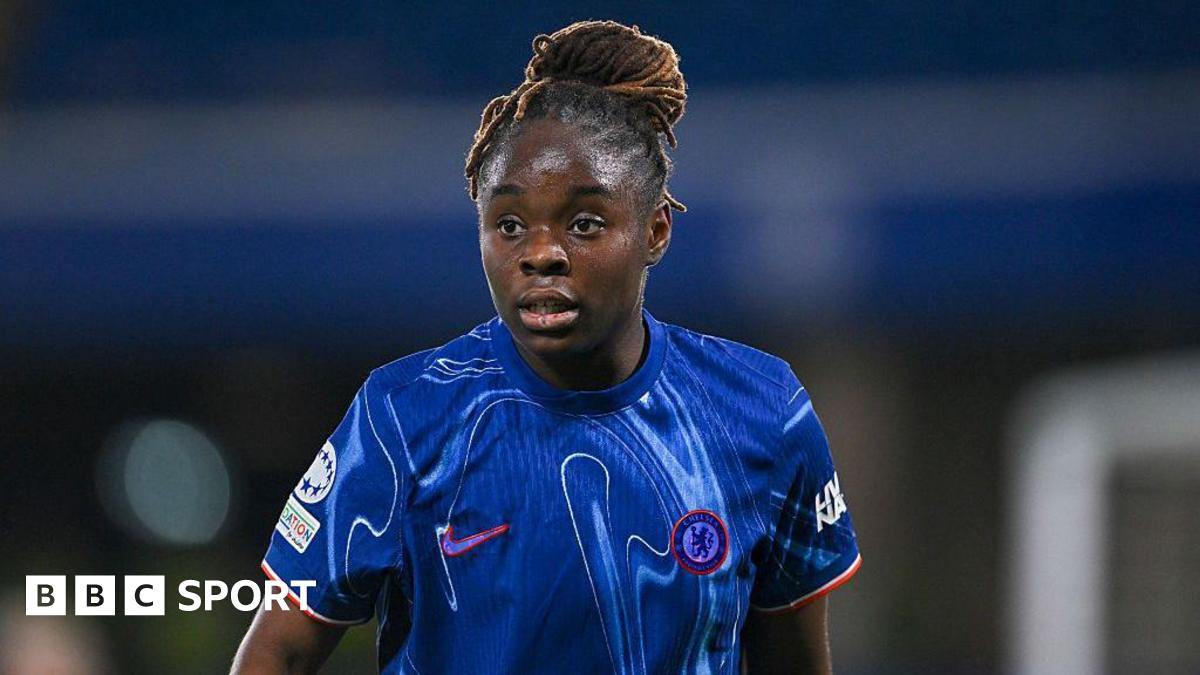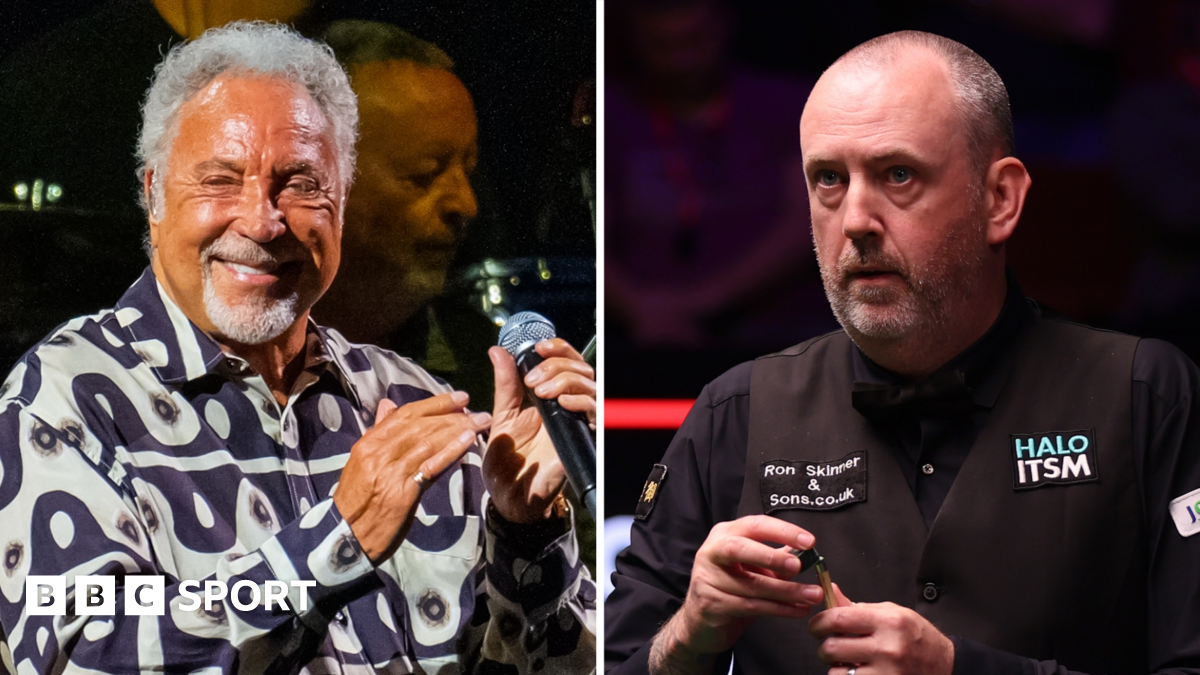ARTICLE AD BOX
John Higgins' Crucible exit at the quarter-final stage not only ended Scotland's hopes of a fifth world title for another year, but halted his nation's representation at the Crucible altogether.
Higgins, who turns 50 in a few weeks, continues to compete at the highest level in a career of astonishing longevity.
'The Wizard of Wishaw' , though, was the only Scottish player to compete at the World Championship this year.
For a nation which has delivered 12 world titles in the last 35 years, it is a potentially worrying statistic for those who love snooker.
So will there be another Higgins or Stephen Hendry? Or has Scotland has its day dominating on the green baize?
More than four decades ago, Jim Donnelly entered the iconic Crucible to become the first Scot to take his place in the historic theatre of world snooker.
"Players in Scotland were making century breaks, but didn't believe in themselves," he told BBC Scotland of the absence of compatriots in the years before.
"As soon as Scottish players saw me, they thought 'I've beaten him before and if he can go professional, so can I'."
Donnelly might have lost in the opening round in the 1982 tournament - to finalist Ray Reardon - but it was just the start.
He rose to 29th in the world rankings, but lost his national title in 1987 to a young Edinburgh player.
Three years on, that rising star became the youngest ever world champion at 21 - a title he still holds - with the first of seven victories that earned Hendry the nickname 'King of the Crucible'.
Higgins followed suit - claiming four world titles - and continues to be at the top of the game as he nears his 50th birthday.
Graeme Dott won the 2006 title. And Alan McManus, Stephen Maguire and Anthony McGill have all reached the semi-finals.
Donnelly got his first glimpse of Higgins when he coached him aged nine or 10 in Wishaw, and knew after just a couple of hours he was "something special".
But while hopeful, he thinks it will be a difficult task to find someone to take on the mantle of Scotland's leading player.
"The problem in Scotland with snooker is it's dying," says Donnelly, who also coached McManus and McGill. "We don't have anyone capable of doing what the rest of us did.
"They are good players, they put the work in, they love snooker. But they don't get the best of their ability out. They curtail it by refusing to play certain shots, to be a bit more attacking.
"Quite a few people don't realise what's involved. The pressure and amount of time you have to spend at a table on your own.
"People think it's great. It's not. I used to be six, seven, eight hours a day in a club with the doors shut in the private room practising myself. And you are doing that day after day after day. It's what you put into it."
There is no question snooker as a whole faces different challenges than in the peak of its popularity in the UK in the 1980s and 90s.
Access to other sports has improved, there are more leisure activities like gaming available to young people, and there are fewer snooker halls across the country.
These are challenges those working in the sport are keenly aware of, though not fatalistic about.
"It's definitely not a dying sport; it's just different," insists Anne Totten of Scottish Snooker.
Totten - whose son Chris lost in the world championship qualifiers this year - volunteers with the governing body working to grow the sport.
She points to the loss of cigarette sponsors and the Covid pandemic as factors in how things have changed, with the closure of clubs during lockdown hitting hard.
Rising costs for and the lack of core funding is also taking its toll.
"A few years ago, our academies were performing really well," she explained. "Our numbers had increased immensely, it was growing and on the up, but then Covid [hit]."
"It was one of the worst-hit sports because of licensing and government reopening times after lockdown, so really it was 18 months lost and where young people found other things."
Despite that, Totten insists snooker is Scotland is recovering and is more inclusive than ever.
There is a new tour for the over-55s, another for women, and players on different tours from "very diverse backgrounds".
Approximately 40 or 50 kids are attending junior academies in Scotland, with between 10 and 20 young players playing on tours from under 14s to under 21s, and some competing across age groups.
Snooker, though, is pushing to become a more global sport and China, with a population of around 1.4 billion, is at the forefront of the game with six players making it to the last 16 of this year's world championship.
So while Totten believes there is talent in Scotland, the level of competition makes it increasingly hard to break through on the world stage.
"I think sometimes it's overlooked that there is a number of young people coming through in what is really, really fierce competition," Totten said, citing the likes of Dean Young, Liam Graham, Ross Muir and Scott Donaldson.
"Conditions are incredibly difficult for young people. Although the opportunities are there, those opportunities are there across the globe and everyone's competing for a small number of spaces."
It remains to be seen whether any of those spaces on the professional circuit will be taken by a young Scot, or whether Higgins will continue to be the standard bearer.

 3 hours ago
4
3 hours ago
4








 English (US) ·
English (US) ·